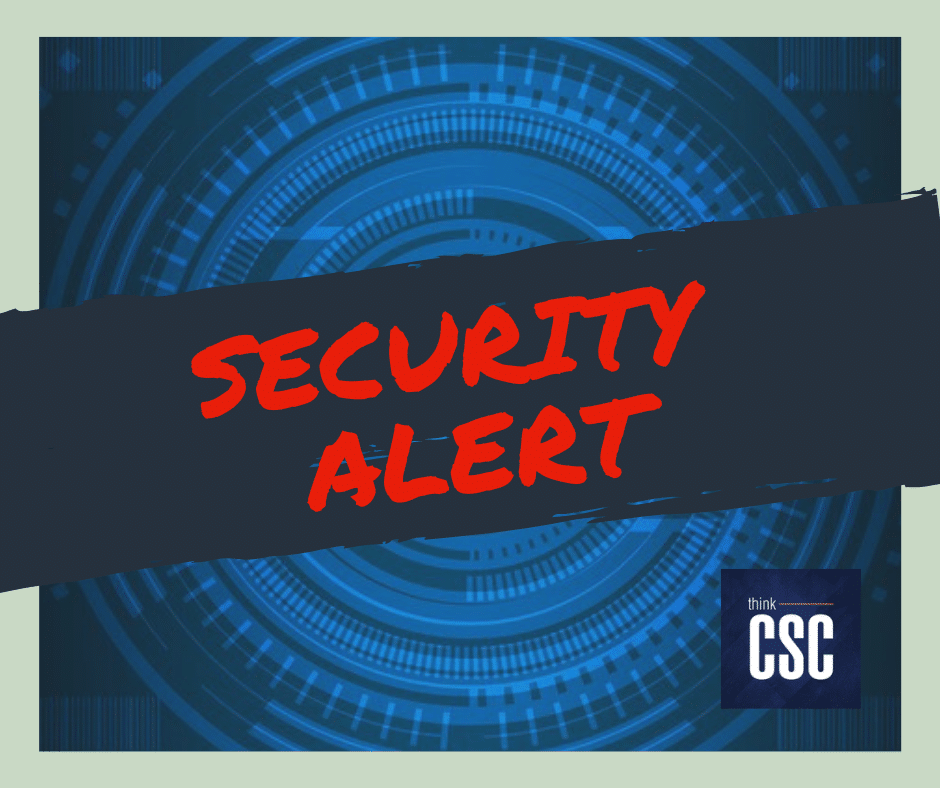
As mobile device use becomes ubiquitous in personal and professional capacities, businesses face additional hurdles when developing protocols to effectively secure their IT infrastructures and protect data. The tendency is that mobile users casually agree to give access to personal information for the use of third-party apps, servers, and networks. These third-party connections then become potential threats to your business when that same device is connected to your network and is used for work-related activities. Mobile device security that includes two-factor authentication is a crucial piece of your cybersecurity strategy.
Mobile Apps Are Easy to Add but Hard to Monitor
Social media and messaging apps aren’t just for personal use anymore. Businesses are leveraging these apps to encourage collaboration and innovation in the workplace. New communication apps are designed specifically for the workplace. But do they meet your security specifications? It’s rare for such apps, which require access to your network and data, to specify how and when that data will be used. To better protect your data, enact policies that prevent unapproved apps from being downloaded to corporate devices, and require personal devices used in the workplace or for work at home to implement your mobile security protocols.
Free WiFi Can Cost You
When working outside of the home or office, it can be tempting to save data or connect to a stronger signal with corporate mobile devices, but public WiFi is rarely secured. Hackers can tap into these unsecured connections, providing them access to wherever you navigate to on your mobile devices, including the company network. Hackers can also take advantage of devices trying to connect to public WiFi, creating fake points of connection and demanding an account for access. Users often create a login and email that mirrors two-factor authentication of their email and other private networks, allowing hackers access to significant amounts of data. Businesses must prioritize a private mobile network to accompany their employees’ mobile devices and encourage smart mobile practices.
Phishing Attacks Are on the Rise
Phishing, social engineering, malware, botnets, and ransomware are all on the rise. According to the 2018 Verizon Data Breach Investigation Report, SMBs account for 58% of those breaches studied. In every case, end-user credentials are being stolen. Whether due to password reuse, or clicking on the wrong link, the result is stolen credentials or malware installed on their equipment. Frequently, these originate from personal devices used to access corporate applications. This is a blind spot that we can no longer ignore. Compromised credential attacks are the hardest to catch because attackers are logging in with valid, albeit stolen, user credentials. This is why two thirds of breaches take months to discover – on average, 197 days. As the Ponemon Institute reports, “You’re more likely to experience a data breach of at least 10,000 records (27.9 percent) than you are to catch the flu this winter (5–20 percent, according to WebMD).”
Address Mobile Device Security Now
It’s imperative that organizations implement the same level of security for mobile devices as they would for in-house equipment. The number of smart devices is growing exponentially, but few offer the security that is necessary to defend against data breaches. Every mobile device that has access to your network should have a monitoring solution and antivirus system in place, with regular updates installed to ensure privacy. The use of mobile devices is only going to increase, and businesses need to respond with the appropriate cybersecurity practices.
There is a simple and secure approach to this problem: Multi-Factor Authentication (MFA). We have partnered with Duo for thinkCSC’s MFA needs and it is the easiest to use and most secure MFA solution on the market. Duo customers commonly see a 96% reduction in compromised accounts due to stolen credentials with Duo MFA in place. We have not had a single customer compromised in this way after implementing Duo.
A managed service provider can offer your business the best solutions possible and work diligently to ensure that the percentage you budget to IT is worth every cent. Partnering with the right managed services provider does make a difference. Today’s MSP does more than just provide technology and facilitate server upgrades; the right MSP is an integral layer of your cybersecurity. At thinkCSC, cybersecurity is simply factored into everything we do. We can partner with your Columbus-region organization to develop a unique solution designed to fit your business model. Take the first step towards advanced cybersecurity practices and contact us today to learn more about our enhanced Managed Security options.


[…] is no one-size-fits-all solution to mobile security. Mobile device management is an integral part of creating a cybersecure team. You can’t keep cell phones out, so you must […]